Central Asia, also known as Inner Asia, is a region located in the heart of the Asian continent. It encompasses the countries of Kazakhstan, Uzbekistan, Turkmenistan, Tajikistan, and Kyrgyzstan, as well as parts of Afghanistan, China, and Mongolia. The history of Central Asia is deep rooted and diverse, marked by various religions and cultures.
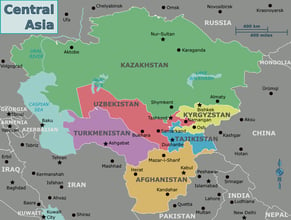
One of the earliest civilizations to emerge in Central Asia was the Bactria-Margiana Archaeological Complex (BMAC), dating back to the Bronze Age (2200-1700 BCE). This ancient civilization, centered around the fertile oasis regions of modern-day Turkmenistan, Uzbekistan, and northern Afghanistan, was known for its sophisticated urban planning and trade connections with other regions of the ancient world.
In the medieval period, Central Asia saw the rise of powerful empires such as the Turkic Khaganate, the Mongol Empire under Genghis Khan, and the Timurid Empire under Tamerlane. These empires played a significant role in shaping the political, cultural, and economic landscape of Central Asia, and their legacies continue to influence the region today.
During the colonial era, Central Asia came under the influence of various external powers, including the Mongols, Persians, Russians, and Chinese. In the 19th and 20th centuries, Central Asia was incorporated into the Russian Empire and later the Soviet Union, which resulted in significant social, economic, and cultural changes in the region.
Since gaining independence with the dissolving of the Soviet Union in 1991, the Central Asian countries have been navigating the feats of nation-building, economic development, and cultural preservation. Today, Central Asia is a region with a rich tapestry of cultures, languages, and traditions, and it continues to play a pivotal role in shaping the history and future of the Asian continent.
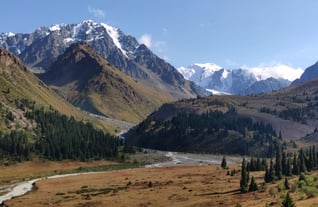
Important Leaders
Central Asia has been home to notable leaders of Asian American and Pacific Islander heritage who have made significant contributions in various fields.
One notable AAPI leader from Central Asia is Roza Otunbayeva, a Representative of the Secretary-General for Afghanistan and Head of the United Nations Assistance Mission in Afghanistan. Her work has been pivotal in civic engagement and international cooperation. She has launched several foreign affairs projects and been at the forefront of progress in Afghanistan.
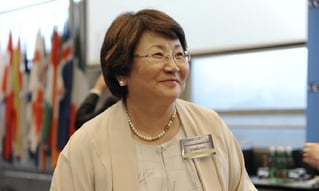
In academia, Dr. Shirin Akiner is a renowned Central Asian scholar of Uzbek heritage who has made significant contributions to the field of Central Asian studies. Dr. Akiner is a prominent author, researcher, and expert on Central Asian history, culture, and politics. Her scholarly work has shed light on the complex dynamics of Central Asia, contributing to a better understanding of the region's rich history and contemporary challenges.
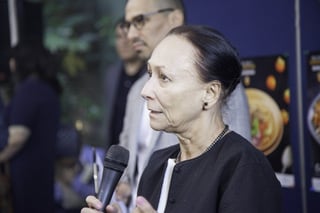
In the realm of activism, Gulnara Shahinian, originally from Kazakhstan, has been an influential figure in the fight against human trafficking and modern-day slavery. As a human rights advocate, Shahinian has worked tirelessly to raise awareness about trafficking in Central Asia and has been a vocal advocate for the protection of the rights of victims of trafficking, particularly women and children.
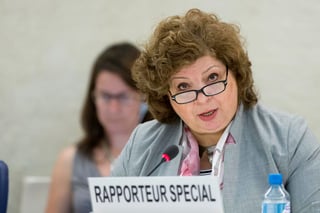
In the field of arts and culture, Uzbek-American artist Fazilat Soukhakian has gained recognition for her unique style of traditional Uzbek miniature painting. Her artwork, which reflects her heritage and cultural traditions, has been showcased in exhibitions and galleries around the world, contributing to the preservation and promotion of Central Asian art and culture.

These are just a few examples of notable AAPI leaders from Central Asia. Their achievements highlight the diverse talents and accomplishments of AAPI individuals, and their legacies continue to inspire others in the community and across the globe.





Leave a Comment